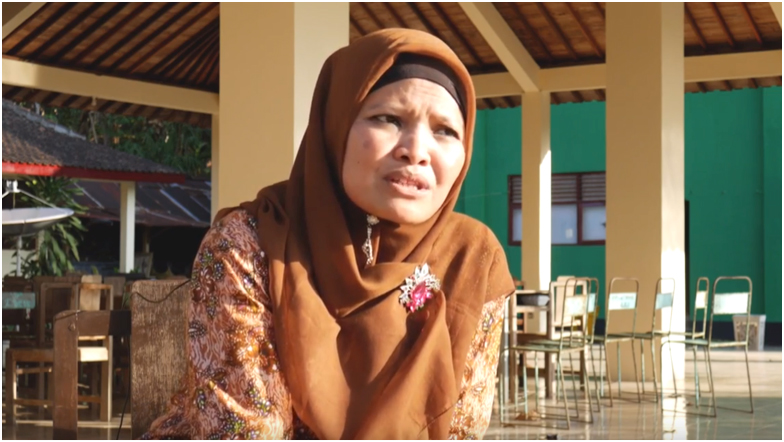
This post was written by the Open Data Labs’ Strategic Partnerships and Outreach Manager, Louis Susanty, together with our Regional Research Manager for Asia, Michael Cañares.
In 2017, we wanted to find out if providing women better access to government data can help them to proactively advocate for a more gender-inclusive development planning, budgeting, and service delivery. We worked with Perkumpulan IDEA, a civil society organisation based in Yogyakarta, Indonesia, to test whether strengthening capacity of women to access and analyse budgeting data can help them influence budgeting processes and demand for better services for women and their families.
The challenge of making government gender-inclusive
The role of planning and budgeting in achieving development results is crucial. In both national and local governments, planning determines the development priorities that will be funded by the budget, as a public fiscal instrument. Accordingly, public access to budget and spending information is important so that citizens can influence the way public funds are utilised.
In recent years, publication of government’s financial transactions in online portals or in government websites have increasingly become the norm. According to the 2017 Open Data Barometer, 9 out of every 10 countries assessed have provided their government budget data online in some form, but only 1 out of every 10 have released them in open format.
However, access to these information and underlying data, is hampered by a digital divide: in several developing countries, internet penetration is less than 30%. This inequality is further exacerbated in by gender, age, income, and education. Our research at the Web Foundation shows that women are less likely to be connected to the Web than men, and less able to use it productively. The inability for women to access, use, and benefit from the Web will be further hampered by age, education, and income. Women who are older, with less education and lower income will likely lose out.
Making women more visible in local governance
Together with our partner, Perkumpulan IDEA, we implemented an action research project in two villages – Girisuko in Gunung Kidul, and Wonolelo in Bantul District. We chose these villages because both already have a Village Information Portal where data about the villages were uploaded—these disclosure practices are not only in place, but also institutionalised. However, we noted right away when we started with the project that data in most cases were gender-blind, and women do not have the capacity to read and understand the published budgets and how it affects their daily lives.
We used our tested “Responsive Open Data Model” to implement the project – asking women the types of data that they want their government to disclose in order to address challenges or issues they face, and assisting the local government in the publication of these datasets. We also train the women groups in the two districts to access read, understand and use the data in discussing community concerns and in advocating for more resources to be allocated to women. For women without access to the Web, IDEA produced a localised newspaper that they will be able to read and analyse.
As one of the ways to capture the experiences in the project, we produced videos showing some of the initial outcomes of the project. Watch them – Part 1 and Part 2 are accessible on our Youtube channel – to see project interviews, workshop happenings and insights from the village residents. Let us know your thoughts and share them with your network to raise more awareness on gender-inclusive development activities!
In the next three months, we will document our insights from the project through a Lessons Learned Paper. In the meantime, visit our project pages, check out our blog, or follow us on Twitter @ODLabJkt.
Leave a Reply